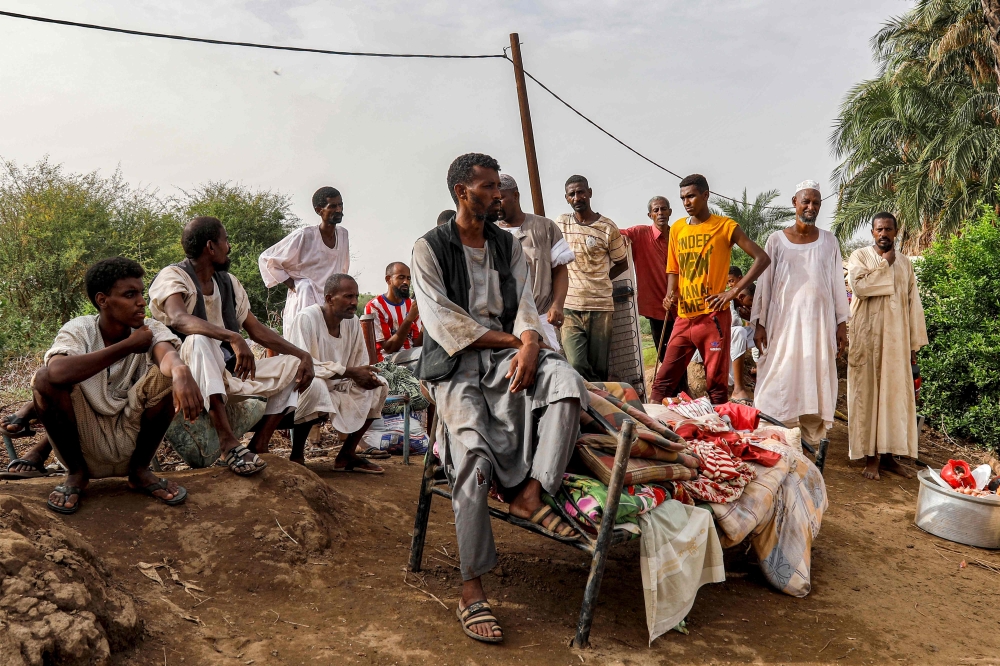
Save the Children cautioned on Tuesday that war-ravaged Sudan is facing a significant risk of widespread disease outbreaks due to the presence of thousands of unburied bodies and the extensive destruction of the country’s health and sanitation facilities.
According to residents, the streets of Khartoum are filled with deceased bodies due to the clashes between army chief Abdel Fattah al-Burhan’s forces and his former deputy Mohamed Hamdan Dagalo, who leads the Rapid Support Forces.
As the capital’s streets become littered with decomposing bodies and morgues reach capacity due to the conflict that has endured for four months, the London-based charity has sounded the alarm regarding “the risk of major disease outbreaks in the city”.
Sudan has experienced recurrent cholera outbreaks in recent times, and medical professionals have cautioned that the ongoing war could trigger a resurgence of this threat.
“A horrifying combination of rising numbers of corpses, severe water shortages, non-functioning hygiene and sanitation services, and lack of water treatment options are also prompting fears of a cholera outbreak in the city,” Save the Children said.
Lacking a operational public health laboratory for testing, the non-governmental organization stated that gauging whether Sudan is undergoing a cholera outbreak has become challenging.
The conflict that started on April 15 has hindered victims and families from accessing hospitals, with the World Health Organization reporting that 80 percent of these facilities are no longer operational.
The ongoing conflict that began on April 15 has made it challenging for victims and their families to reach hospitals. The World Health Organization has highlighted that around 80 percent of these medical facilities are no longer functional.
“The inability to give those who have died a dignified burial is yet another element of the suffering of families in Khartoum,” said Bashir Kamal Eldin Hamid, a doctor with the organisation.
The armed conflict has resulted in a minimum of 3,900 casualties across the nation, as indicated by a cautious estimate from the Armed Conflict Location & Event Data Project.
The UN’s refugee agency reported on Tuesday that over four million individuals have been displaced from their residences.
With bureaucratic obstacles, security challenges, and targeted attacks impeding aid delivery, the United Nations indicates that over six million people are teetering on the brink of famine and in dire need of life-saving assistance.
Since the commencement of the conflict, Khartoum has been enveloped in a relentless symphony of heavy artillery, air strikes, and gunfire, causing immense distress among its populace.
Civilians are confined to their homes, grappling with water and electricity shortages as they endure this harrowing ordeal.
Witnesses recounted clashes in central Khartoum on Tuesday, with reports emerging of a medical source from the capital’s northwest indicating that the confrontations had resulted in the tragic loss of 13 civilian lives.
The source, seeking anonymity to safeguard their safety, stated that medical personnel have been singled out for attacks.
“These clashes are the heaviest since the war began,” a bus driver said, adding he had been prevented from navigating the capital’s northwest.
